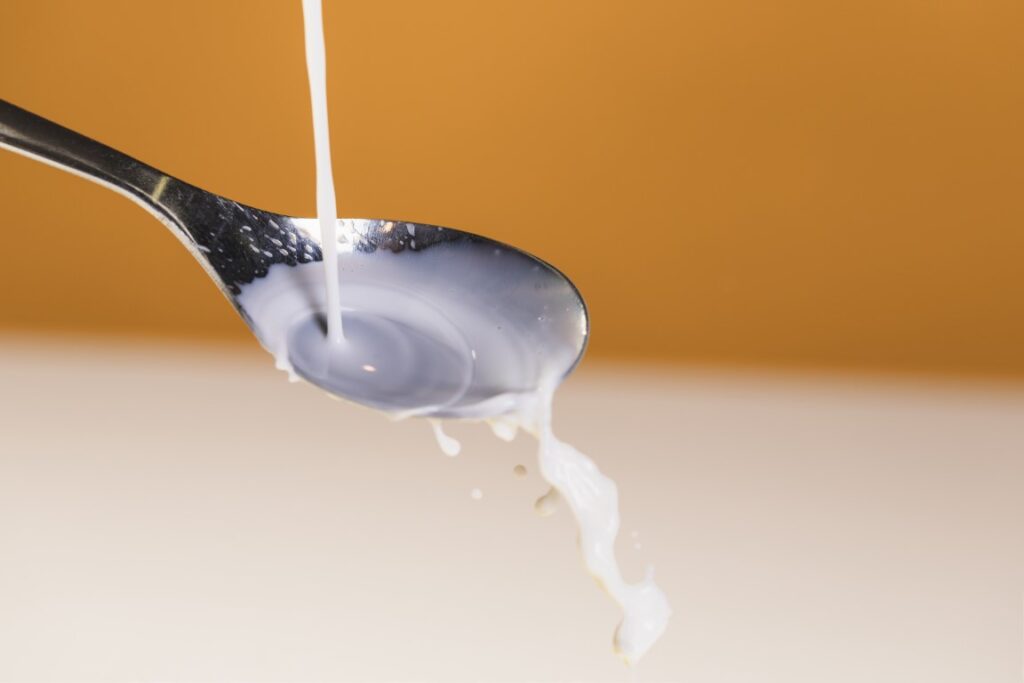Why do babies spit up?
Healthy newborns frequently spit up. Almost half of all infants develop gastroesophageal reflux, also known as newborn reflux, infant acid reflux, or baby reflux, during their first three months of life.
The lower esophageal sphincter is a muscle that separates the esophagus from the stomach. It often keeps stomach contents in the right place. Spitting up might be a problem until this muscle has had time to develop, especially if your baby is quite full.
Spitting up vs. throwing up
The simple passage of a baby’s stomach contents via their mouth, perhaps accompanied by a burp, is known as “spitting up.” When the discharge is strong and projectile and shoots rather than dribbles from the mouth, it is known as vomiting.
Does vomiting have an impact on baby growth?
Regularly spitting up has no negative effects on a baby’s health. There isn’t anything to worry about as long as your baby appears at ease, is feeding properly, and is growing in weight. The calories lost through spitting up are not harming your infant if they are growing and gaining weight.
When will my baby stop spitting up?
At 12 months of age, the majority of newborns stop spitting up.
Preventing spit ups
Try the following to prevent or lesse spit ups in your baby:
a. Keep your baby in an upright position. Put your baby’s bottle down while standing up. After each feeding, spend 30 minutes standing straight. Avoid engaging in immediate active play or using a baby swing.
b. Do not overfeed. Try giving your baby smaller, more frequent meals.
c. Give your infant a burp. Regular burping can prevent air from accumulating in your baby’s stomach during and after each meal.
d. Baby should be placed to sleep on their back. It’s crucial to put your baby to sleep on his or her back to lower the risk of sudden infant death syndrome (SIDS). It is not advised to put a baby to sleep on his or her stomach in order to prevent spitting up.
e. Try out different diets on your own. The doctor for your infant may advise you to stop eating dairy products or specific other foods if you are breast-feeding.
When is spitting up an issue?
Certain indications and symptoms may point to a deeper issue or something more serious than simple spitting up. If your baby experiences any of the following:
a. Not putting on weight
b. Spitting up with force
c. Yellow or green spit up
d. Spits up blood or a substance that resembles coffee grounds
e. Continually refuses to feed
f. Has blood in their stool, respiratory issues, or other symptoms of disease
g. Beginning to spit up at 6 months or older.
h. Crying more than three hours each day and being angrier than usual
i. Fewer wet diapers than normal
The cause of the problem will determine how it is treated. Several feeding methods might be beneficial. The doctor may recommend medication to address reflux in other situations.




























































